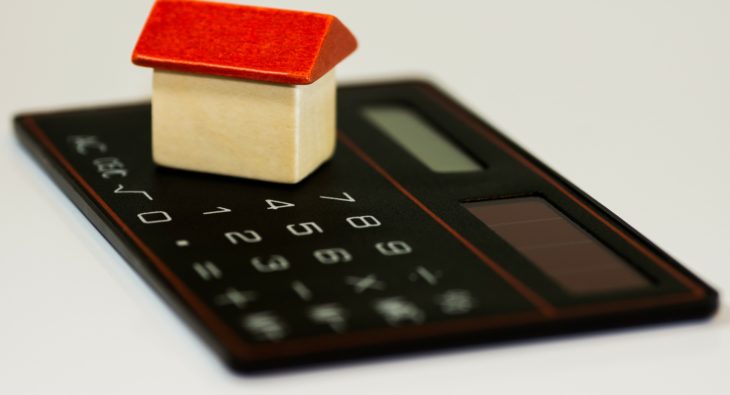What Happens If I Fall Behind on My Second Mortgage?
While a second mortgage is lower in rank to a first or original mortgage, in the same way that a first mortgage is, it’s still a secured debt with your home acting as collateral. This gives lenders the ability to move forward with a foreclosure after either a first or second mortgage goes unpaid. However, because the second mortgage lender is second in line to collect in the event of a foreclosure, it’s sometimes not worthwhile.
When it comes to foreclosure, the lender has to be able to recover at least some of their loan in order for foreclosure to be beneficial to them. A home having considerable equity is typically the only way a second mortgage lender can accomplish that. When a home’s equity outweighs what is left on the first mortgage that means that:
- There will be remaining equity left in the home after the first mortgage lender is paid, therefore
- The second mortgage lender will also collect in part or in full toward covering their loan.
When this is not the case, and the home is worth less than what is owed on the mortgage, the home is considering “underwater.” In this case, the second mortgage loan is more or less unsecured. The homeowner no longer has enough equity in their home to repay the first mortgage, let alone the second mortgage loan. When this occurs, the second mortgage lender sees no benefit in issuing a foreclosure, as it likely won’t amount to that lender collecting on any part of the loan.
In this situation, however, the second mortgage lender does sometimes have options. If the homeowner is also not paying their first mortgage, then the first mortgage lender is more inclined to foreclosure, as they’ll be the first to collect – at least some if not all – of their loan. When this occurs, the second mortgage lender may be entitled to issue a lawsuit against the homeowner for not repaying the loan.
If you are the target of a mortgage related lawsuit, or are facing the threat of foreclosure it’s important to seek the guidance of an experienced foreclosure defense attorney as early in the process as possible. Contact our office to set up a meeting to discuss your specific situation and let us help identify your options and which may be the right one for you. To schedule a meeting, contact us at (702) 998-1188, info@ljlawlv.com, or by scheduling a consultation online.
For more information, please be sure to check out our Foreclosure Defense blog, and Foreclosure Defense TV playlist on Youtube.

